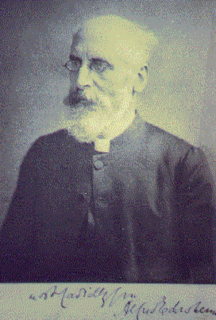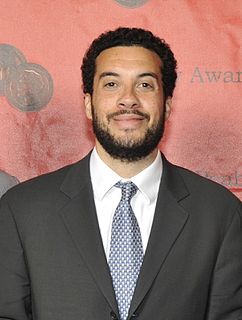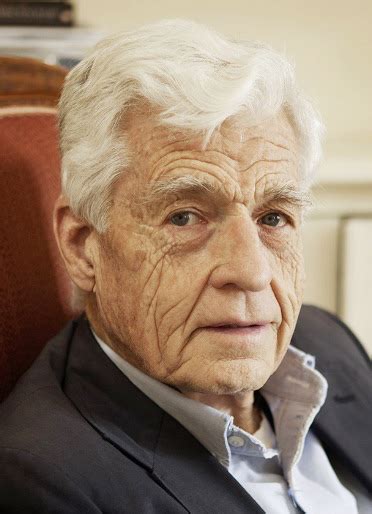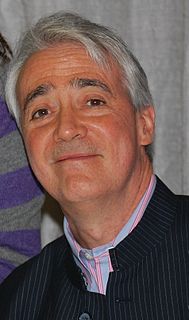A Quote by Alfred Edersheim
We cannot understand the meaning of many trials; God does not explain them. To explain a trial would be to destroy its object, which is that of calling forth simple faith and implicit obedience. If we knew why the Lord sent us this or that trial, it would thereby cease to be a trial either of faith or of patience.
Related Quotes
A living faith is always on trial; we call it faith for that reason. When I read in some alarmist book that the Christian faith is now on trial, or "at the crossroads," my impulse is to answer, Why Not? Does anybody know a time when the Christian faith was not on trial, or when the Christian life was a simple walkover, with neither principalities nor powers to dispute its advance?
Every trial a man goes through, if he is faithful in that trial and does honor to God and his religion he has espoused, at the end of that trial or affliction that individual is nearer to God, nearer in regard to the increase of faith, wisdom, knowledge and power, and hence is more confident in calling upon the Lord for those things he desires.
Faith by its very nature must be tried, and the real trial of faith is not that we find it difficult to trust God, but that God's character has to be cleared in our own minds. Faith in its actual working out has to go through spells of unsyllabled isolation. Never confound the trial of faith with the ordinary discipline of life. Much that we call the trial of faith is the inevitable result of being alive.
I didn't wake up one day and say, I have to tell O.J.'s Simpson story. But what drew me to it wasn't what people have focused on over the last 20 years - meaning, the question of innocence or guilt, nor the spectacle of the trial. I was more interested in the history that led up to that point in time in 1994, which would help explain what exactly went into making the trial as fascinating as it was.
In regard of God, patience is a submission to His sovereignty. To endure a trial, simply because we cannot avoid or resist it, is not Christian patience. But to humbly submit because it is the will of God to inflict the trial, to be silent because the sovereignty of God orders it - is true godly patience.
Well, almost everything is open - the political documents, the (unintelligible) of cabinet meetings. What has been opened now and what had been closed are things that many governments still close, and that is police files and trial records, trial records of the special courts set up by Vichy. And especially interesting are the trial records of the Purge Trials after the war.
Exactly who is this God character who is said to be all-powerful yet needs to hire lawyers to take us to court? Isn't he miffed when someone he had always considered to be a true follower turns to the legal system rather than to prayer? Why would the faithful risk making God look ridiculous by losing a trial on Earth when he is certain to win every trial in heaven?































